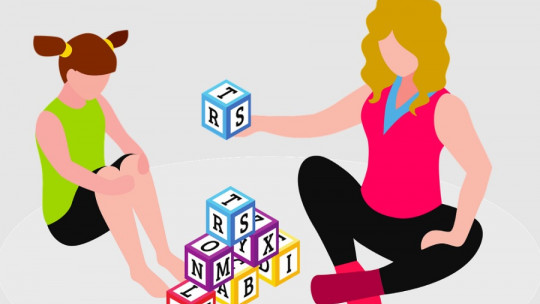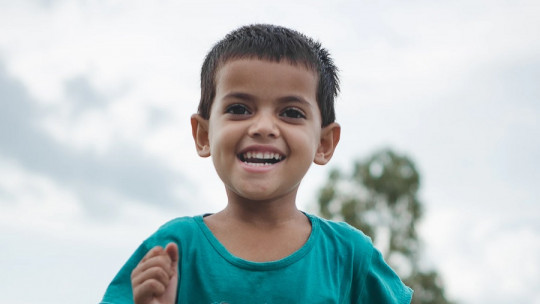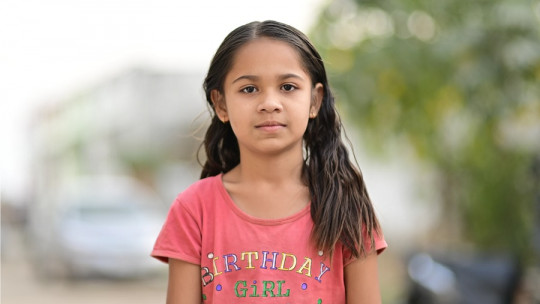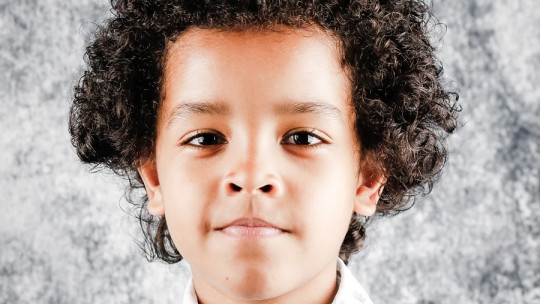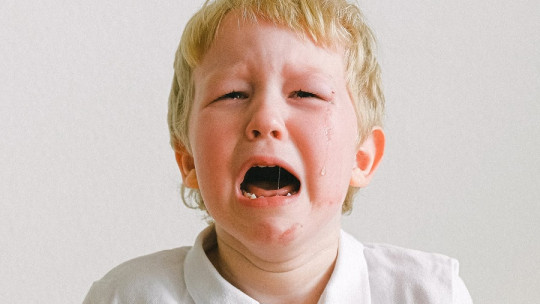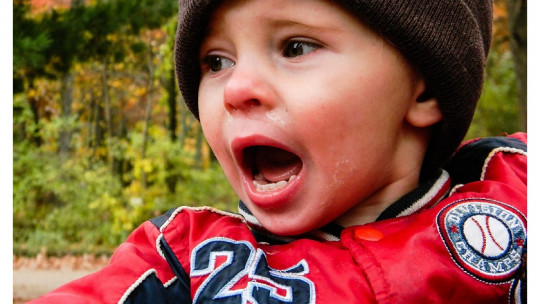
Child psychology is a branch of psychology that focuses on the study of the emotional and cognitive development of children. In recent years, society has become aware of the importance of psychology and more and more people are seeking the services of a psychologist to improve their mental health and quality of life. In the case of children and pre-adolescents, demand has grown significantly, as the aim is to treat emotional and behavioral problems at an early age.
In this article We will see what child psychology is for and what it can contribute to the well-being of children and families.
What is child psychology for?
This area of psychology addresses various topics, from the detection of emotional and behavioral problems to support in the education and cognitive development of children. Professionals in this branch help children understand and manage their emotions, as well as develop social and emotional skills to interact in a healthy way with others.
One of the main goals of child psychology is to help children develop positive self-esteem and a healthy self-image. This is achieved by identifying and treating emotional disorders, such as depression and anxiety, which can negatively affect children’s emotional and cognitive development. In addition, it seeks to promote cognitive and emotional development, including problem-solving skills, logical reasoning and creativity.
The attention to emotional and behavioral disorders in child psychology involves evaluation and diagnostic techniques to determine the cause of the problem and develop an individualized treatment plan for each child. In some cases, therapies may be required, such as cognitive behavioral therapy and play therapy, which allow children to learn skills to manage their emotions and behaviors.
Emotional and behavioral disorders in children can manifest themselves in different ways. For example, anxiety can present as fear of separation from parents, fear of strangers, fear of the dark, or specific phobias. Childhood depression can manifest as sadness, frequent crying, social withdrawal, and lack of interest in activities they previously enjoyed. ADHD can present as difficulty concentrating, hyperactivity, and impulsivity. Defiant behavior can present as frequent tantrums, disobedience, and aggressive behavior.
Prevention of psychological problems in boys and girls
It is important to note that child psychology not only focuses on the treatment of emotional and behavioral problems, but also on the prevention of future disorders by developing skills and strategies to cope with everyday situations and problems. This way, The goal is to enable children to overcome emotional and behavioral challenges and reach their full potential in life
Additionally, child psychology also focuses on the cognitive development of children. Professionals in this branch help children develop cognitive skills such as memory, attention, perception, reasoning and critical thinking. Additionally, they can help children with learning and attention issues, such as ADHD, dyslexia, and dyscalculia.
How does a child psychologist work?
It is important to mention that child psychology professionals They work together with parents and caregivers of children Parents and caregivers play a fundamental role in the emotional and cognitive development of children, so it is essential that they work collaboratively with child psychology professionals to ensure the well-being of children.
Child psychology professionals can work in various areas. For example, they may work in hospitals and clinics to help children suffering from chronic illnesses, disabilities, and mental health disorders. They may also work in schools to help children with learning and behavioral difficulties. Additionally, they may work in private offices and provide therapy services to children and families.
Therapy is a fundamental part of child psychology. Therapy can help children overcome emotional and behavioral problems, improve their social and emotional skills, and develop positive self-esteem. Child psychology professionals use various therapeutic techniques to help children, such as cognitive behavioral therapy, play therapy, and family therapy.
Cognitive behavioral therapy is a technique that focuses on modifying negative thought and behavior patterns of the kids. Play therapy is a technique that uses play as a tool to help children express their emotions and improve their social skills. Family therapy is a technique that focuses on improving communication and interaction between family members.
Another important focus of child psychology is the prevention of emotional and behavioral disorders. Child psychology professionals can provide parents and caregivers of children with tools and strategies to prevent emotional and behavioral problems in the future. Additionally, they can work with parents and educators to develop prevention programs in schools and in the community.
In conclusion, child psychology is a branch of psychology that focuses on the emotional and cognitive development of children. Professionals in this field can help children overcome emotional and behavioral problems, improve their social and emotional skills, and develop positive self-esteem. Additionally, they can work closely with children’s parents and caregivers to ensure their well-being. Therapy is a fundamental part of child psychology, and professionals in this field use various therapeutic techniques to help children.

